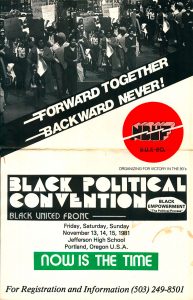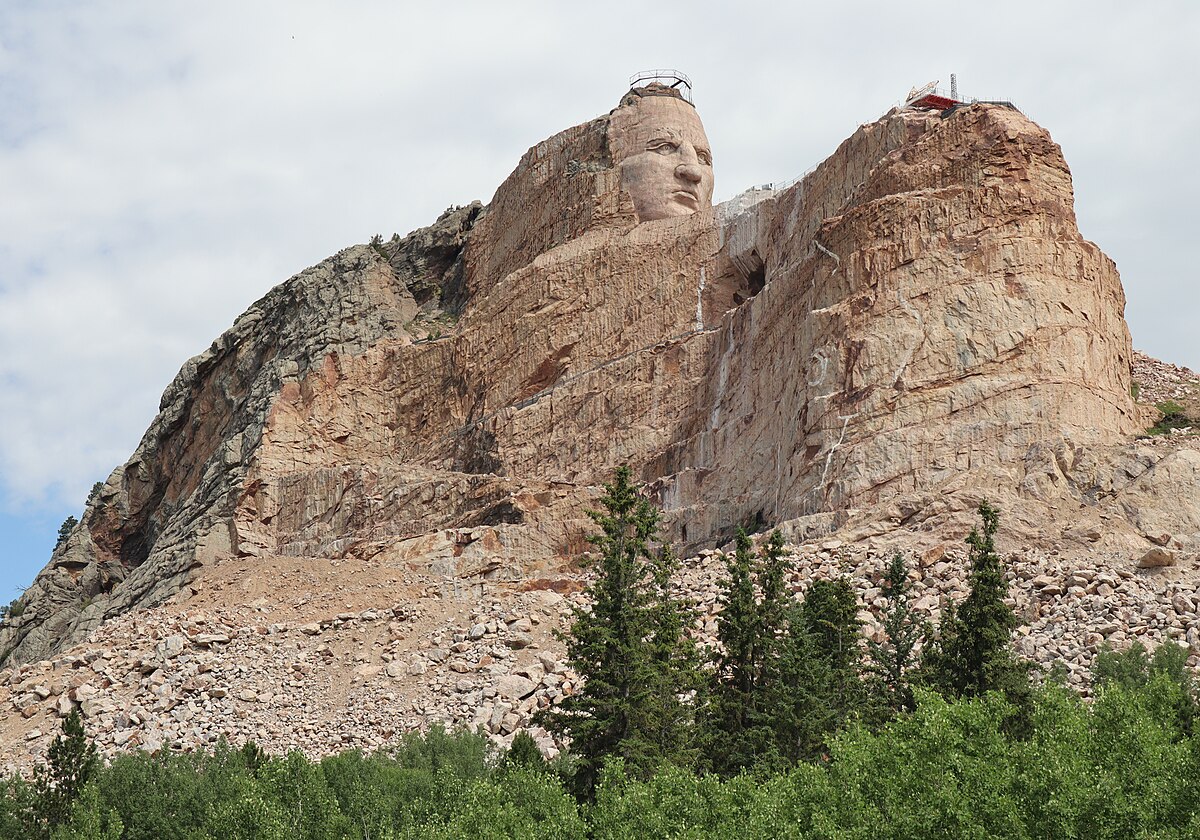Probably a good example of systemic racism was something in the real estate business known as "redlining":
We match you with top agents nationwide and help you save. Sellers get full service for just a 1.5% listing fee. Buyers can get cash back after closing.

listwithclever.com
"Redlining is a term used to refer to a now-illegal practice in the mortgage lending industry. Lenders used to draw red lines around portions of a map to indicate areas of a city in which they didn't want to make loans."
"Even if a credit-worthy applicant applied to buy a home in those neighborhoods, they could be denied. Reverse redlining, where a bank lends to a borrower in a redlined area but charges a premium for the loan which isn't justified by their credit-worthiness, also exists. And it can look like realtors refusing to show properties in some areas to certain types of people."
"This practice was made illegal in the Fair Housing, or Equal Credit Opportunity Act. While redlining on a racial basis has been prohibited by law, lenders can still redline if a home lies on a fault line or a flood plain."
So, here's an example of systemic racism being addressed through the legislative process. However, as often happens, this practice is still going on in some cases -- and that's what gets tricky to pin down:
"Discriminatory practices such as redlining hurt home buyers because they create an unfair housing market. If you're a buyer of color and you're working with an unethical realtor, they might only show you houses in traditionally black neighborhoods. You'd miss out on seeing an awesome house that could be less expensive in another part of town."
"It also hurts home buyers trying to buy in a neighborhood that's been redlined. If you've found your dream home, and it's located within those red lines, you could struggle to finance your purchase even if you've been pre-approved for a mortgage.
Historically, this meant that some neighborhoods remained poor and lower class and didn't receive capital investments to improve."
"What are signs you might be a victim of redlining?"
"Identifying the practice of redlining can be hard for borrowers because they don't have insight into a bank's lending data. Studies have shown that black applicants are still being turned away for loans at significantly higher rates than white loan applicants, even when controlling for factors such as income and credit scores."
"If your loan officer has continually asked for more documentation, they could be fishing for a reason to deny your application. If all other metrics, such as your income, employment, and credit score, would indicate that you could afford a home, but you're still hearing a 'no', the lender could be discriminating against you. You can file a complaint with your state's Attorney General and take your business elsewhere."
"The term 'steering' refers to guiding buyers either away from or towards neighborhoods, often based upon the buyer's race. If your realtor is steering you away from homes in a community, even if they meet your criteria, you could be a victim of redlining. It's also difficult to prove, and often, you could just have a gut feeling that something is wrong."
"Ask your realtor to show you homes in other areas and observe how they respond. They can't flat-out refuse, and if they do, you can complain to their brokerage and report them to the National Association of Realtors. If you suspect that you might be a victim of redlining, your best option is to fire the realtor or apply with a different lending institution."
[end quote]
I think what's challenging right now is to maintain a balanced perspective. On the one hand, there are no doubt many more examples of systemic racism [as per redlining] in the U.S. and across the globe -- and don't even get me started on the insidiousness of the caste system in India, which is truly entrenched through religion (its origin apparently dating back to ancient India), as well as India's variegated social mores and prejudices, depending on region.
Maybe the real point is not so much whether systemic racism exists, since, as per the now illegal practice of redlining, it's not always easy to determine, but rather: how do we as a society -- with all our differences, and, yes, prejudices -- want to... well, "conduct" having a country? And I don't think most Americans think "radical insurgency" is the best approach.
On the other hand, as per the last Tucker Carlson monologue (of last Thursday night), social values change quickly, and what was unthinkable just a few weeks ago is now becoming commonplace. So, time is of the essence, it seems.
By the way, Youtube keeps shutting down his account. But I found the monologue I was looking for:
 eu.argusleader.com
eu.argusleader.com




